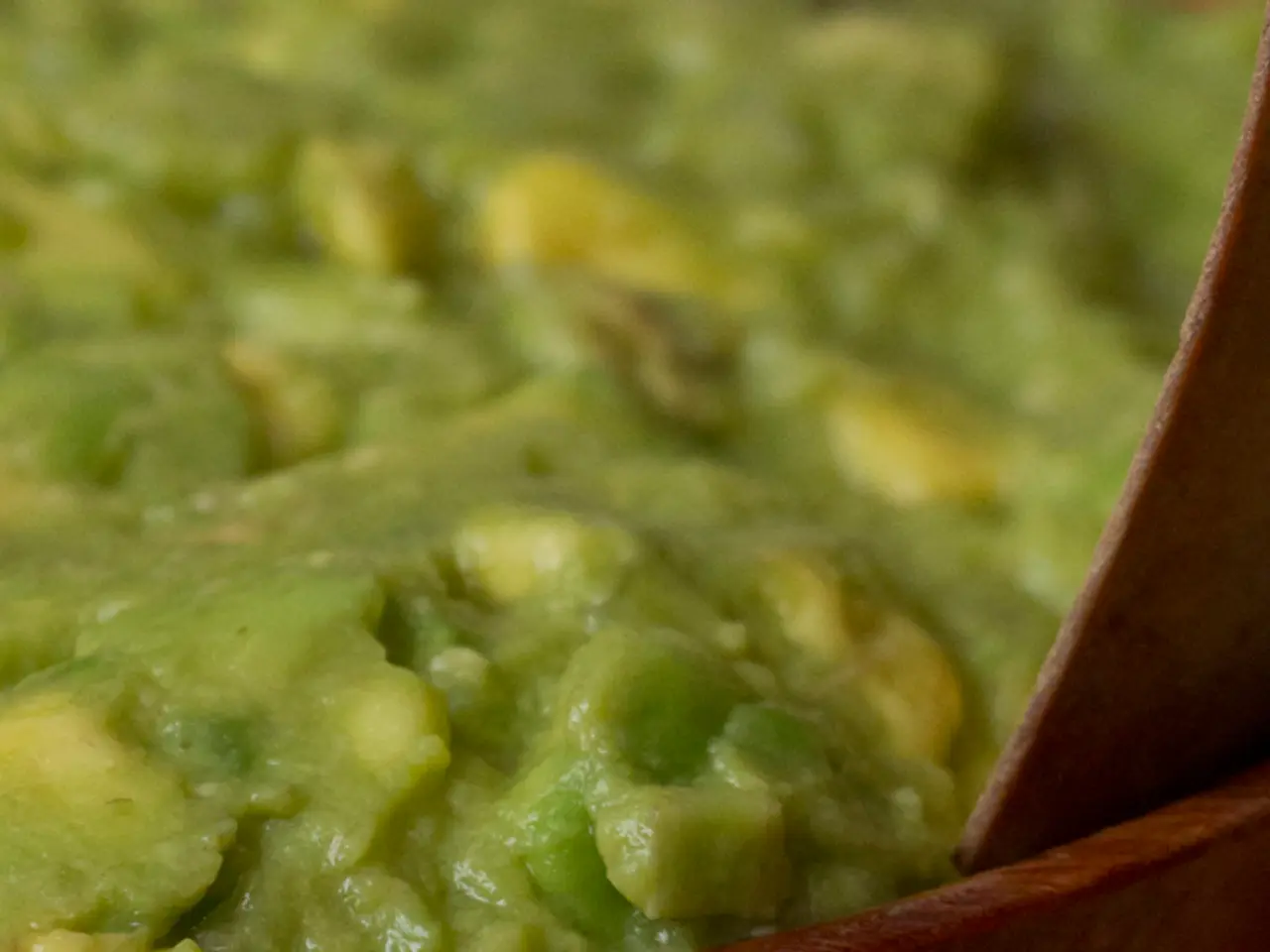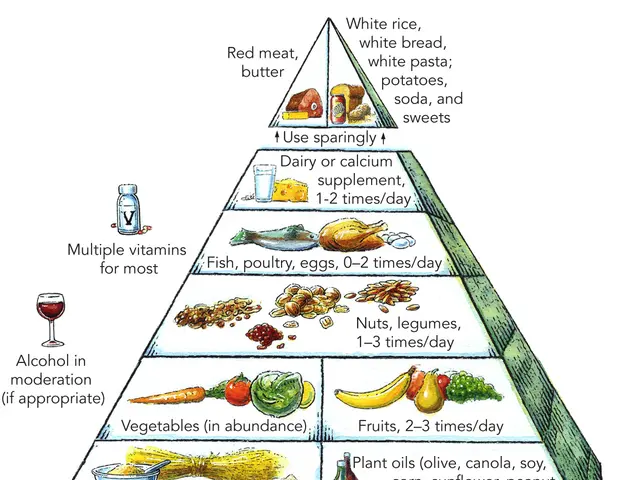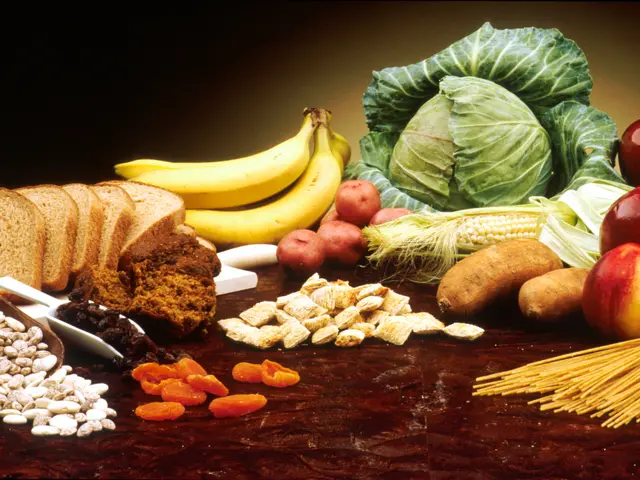MSG Safety Debunked: What the FDA and Science Really Say About This Flavor Booster
Monosodium glutamate (MSG), a common food additive found in various processed foods like canned veggies and frozen meals, is also naturally present in some whole foods such as tomatoes and cheeses. MSG, often listed as 'hydrolyzed vegetable protein' or 'yeast extract' on labels, is generally considered safe by global food regulators including the FDA.
MSG is used as a flavor enhancer in many convenience foods, Asian cuisine, and even in some meat and fish preserves, sauces, and seasonings. In Deutschland, it's commonly added to processed foods. The U.S. Food and Drug Administration (FDA) and other global bodies deem MSG 'generally recognized as safe'.
MSG symptom complex, or 'MSG attack', affects a small percentage of sensitive individuals after consuming 3 grams or more of MSG alone. Symptoms may include headache, flushing, and sweating. However, most people can consume small amounts without concern.
Despite initial links to energy intake, brain health, and obesity, these myths have largely been debunked. Recent research shows no direct effect of MSG on fat cells or leptin receptors. However, a higher MSG intake over time may relate to a higher BMI.
MSG is a widely used flavor enhancer, naturally present in some whole foods, and added to many processed ones. While it's generally safe, those experiencing negative side effects may want to avoid it. The FDA requires MSG to be listed on processed food labels, but not for foods containing naturally occurring MSG. Research does not support avoiding MSG in one's diet, and it's safe to consume in moderation.







